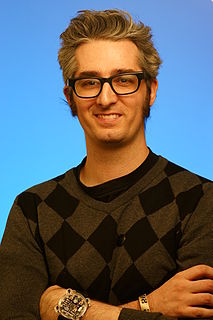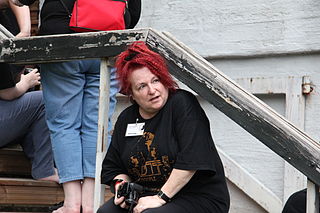A Quote by Roberta Williams
Computers have become more friendly, understandable, and lots of years and thought have been put into developing software to convince people that they want and need a computer.
Related Quotes
There are some people that say I need to be more academic in my teaching, I need to be more disciple developing focus, probably true. But where my heart is, is with people who are just passing through difficult time. I want to put literature in a form that is accessible for people who don't particularly read books.
Everybody remembers numbers and computers remember numbers. People remember procedures and computers certainly remember procedures. But the other thing that's still important is that your perception as a human is affected subtly by all this stuff that you can't quite articulate. You run your life according to all this stuff that's happened to you. All of your memories affect everything you do whereas with a computer, there's adaptive software and things, but it's more literal.
With both people and computers on the job, computer error can be more quickly tracked down and corrected by people and, conversely, human error can be more quickly corrected by computers. What it amounts to is that nothing serious can happen unless human error and computer error take place simultaneously. And that hardly ever happens.








































